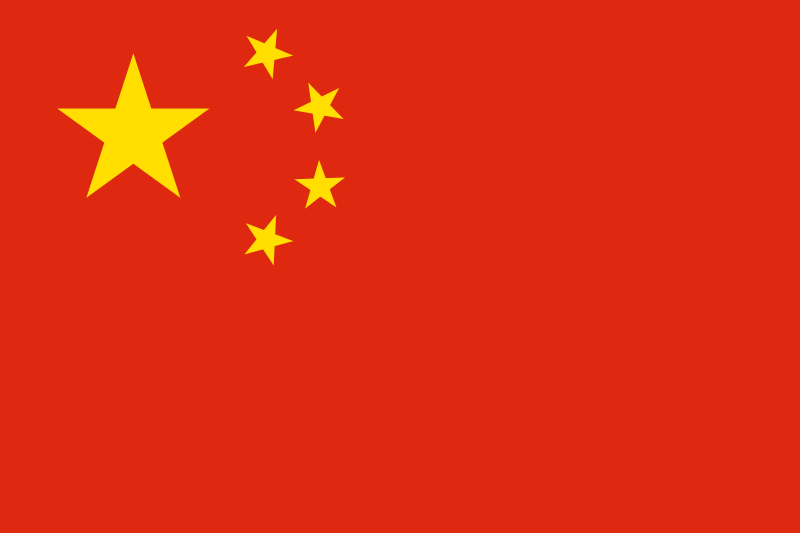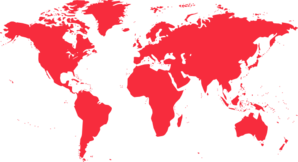www.acsss.info -
Frequently Asked Questions - Export Compliance FAQ
You should conduct your own due diligence in the first instance. For guidance on conducting due diligence see this Alpha Guide. UK-based exporters can also utilise the "End User Advice Service" offered by the export control organisation through the Spire on-line licensing system.
You should also bear in mind that there are restrictions on conducting trade with certain "designated entities".
After the Export Control Organisation has checked that the licence application has been completed correctly the application is passed to other government departments who each assess the licence against the following criteria.
- contravene the UK’s international commitments (ie breach arms embargoes or sanctions)
- be used for internal repression or the abuse of human rights
- provoke or prolong armed conflicts or aggravate existing tensions in the destination country
- be used aggressively against another country
- adversely affect the national security of the UK or allies
- be to a destination where the behaviour of the buyer country raises concerns with regard to its attitude to terrorism or respect of international law
- be diverted or re-exported under undesirable conditions
- in the case of developing countries, seriously hamper the sustainable development of the recipient country
The advice of each department is considered by BIS to determine whether the licence should be granted.Any refusal of the licence application must be based on one of the above criteria. The only exception is for the "end use controls" which can be invoked when it is believed that the goods may be diverted to a WMD programme*.
* End use controls can also be invoked if there is a clear risk that the goods will be diverted to a military end use where the recipient country is subject to a full-scope arms embargo.
Entities have been "designated" by intergovernmental organisations and individual countries for a variety of reasons. Designation usually means firms within the jurisdiction of the designating authority are prohibited from conducting trade with the designated entity in some way.
UN and EU controls typically "designate" entities only on a handful of countries of concern. Many smaller firms therefore do not implement entity screening systems.
The US government has designated entities worldwide. The US may also block firms from doing business in the US if they do business with designated entities in countries such as Iran. Businesses of all sizes based in the US, therefore, usually do Designated entity screening.
Multinational firms including banks typically deal with such a variety of entities and operate in so many territories that designated entity is a vital element of a businesses compliance system.
This page contains a more detailed overview of entity-based concerns.
Alpha Newsletter
Proliferation Briefs
| Mon | Tue | Wed | Thu | Fri | Sat | Sun |
|---|---|---|---|---|---|---|
|
1 | ||||||
|
2 |
3 |
4 |
5 |
6 |
7 |
8 |
|
9 |
10 |
11 |
12 |
13 |
14 |
15 |
|
16 |
17 |
18 |
19 |
20 |
21 |
22 |
|
23 |
24 |
25 |
26 |
27 |
28 |
29 |
|
30 |
31 | |||||
Notice to Exporters (ECO)
-
Notice to Exporters 2013/27: Egypt – results of the review of licences
-
Notice to Exporters 2013/26: reporting guidance now available on SPIRE
-
Notice to Exporters 2013/25: firearms exports – new EU Regulation No. 258/2012
-
Notice to Exporters 2013/24: Suspension of extant licences for Egypt and changes to OGELs
-
Notice to Exporters 2013/23: EU suspend all export licensing to Egypt of any equipment which might be used for internal repression


